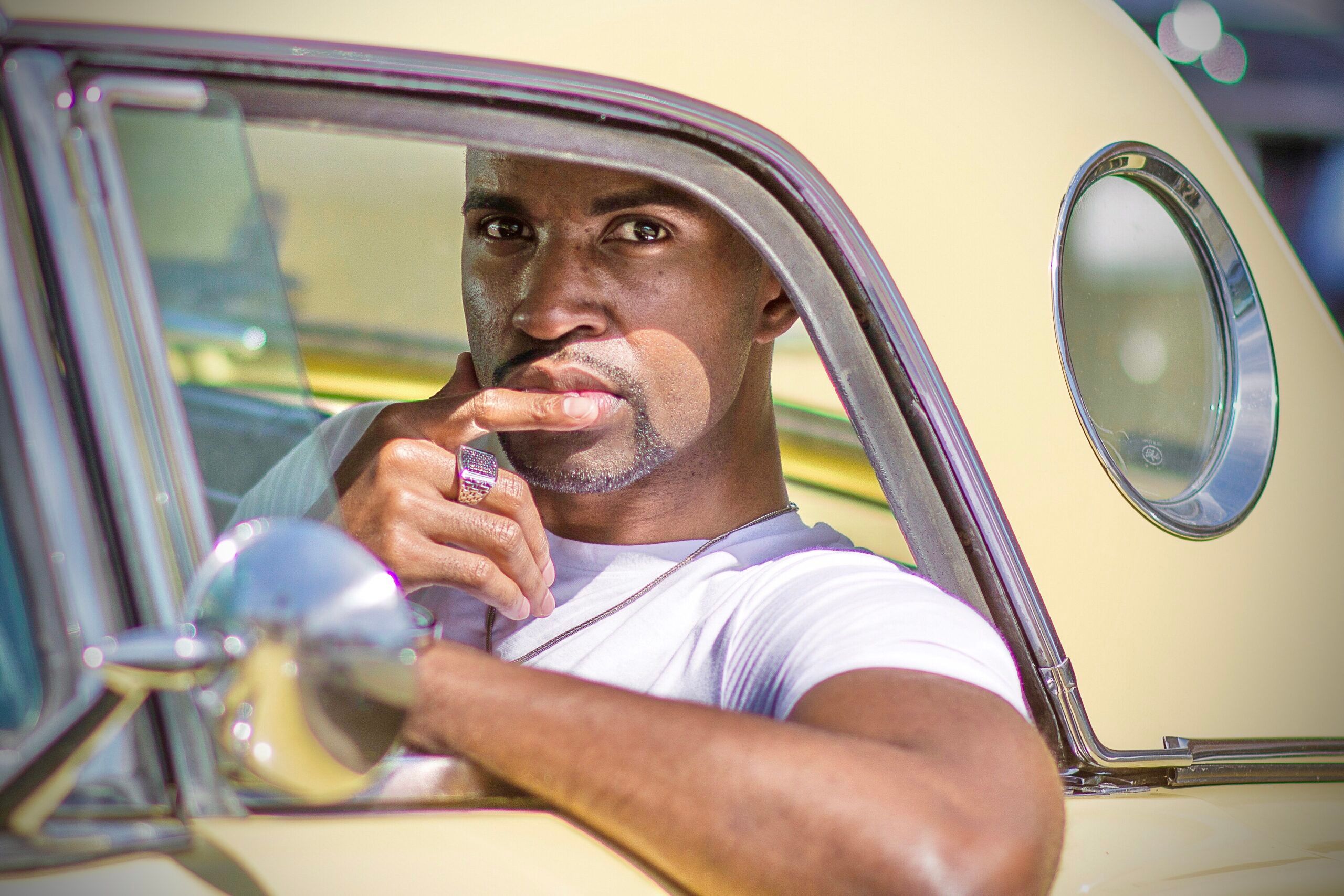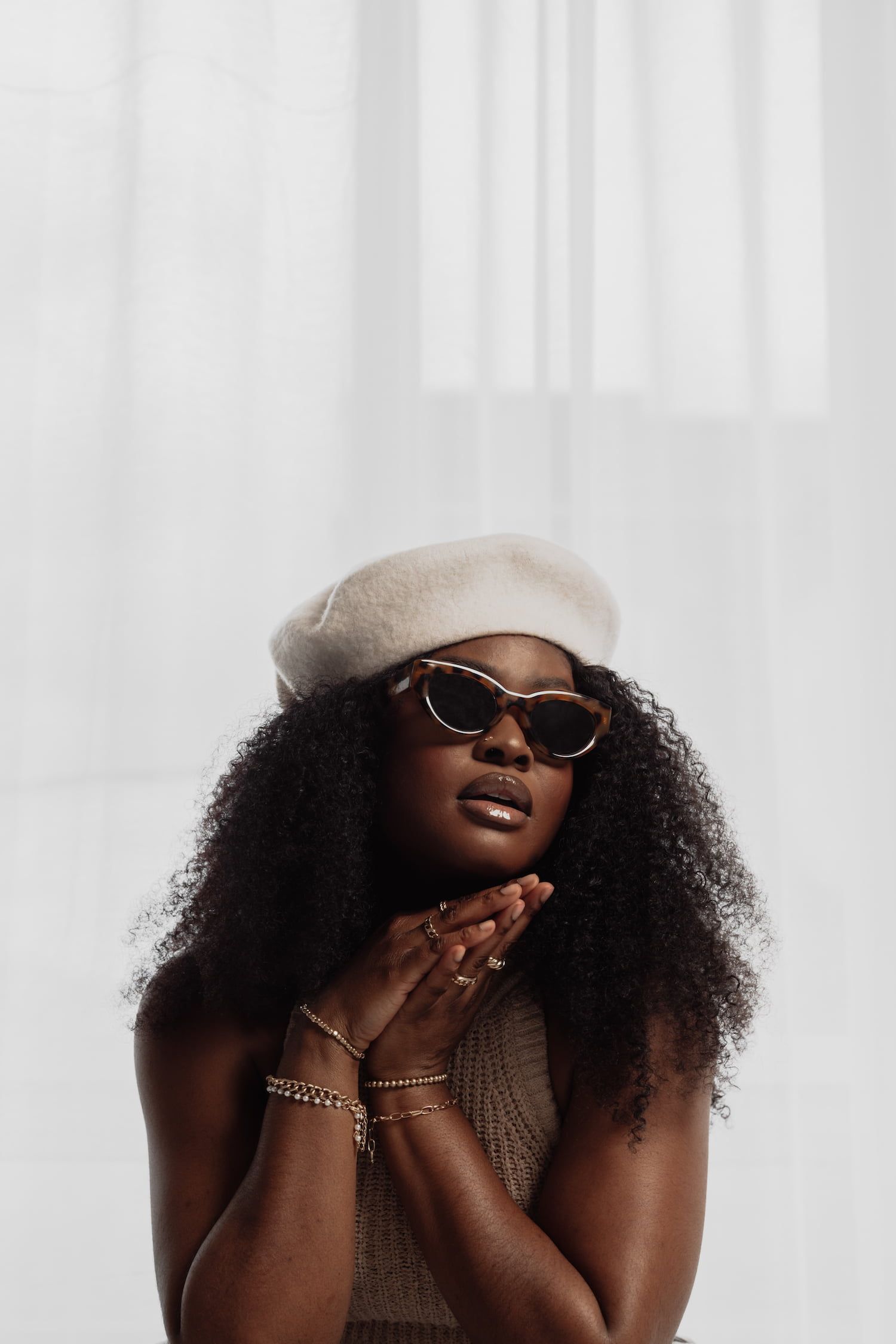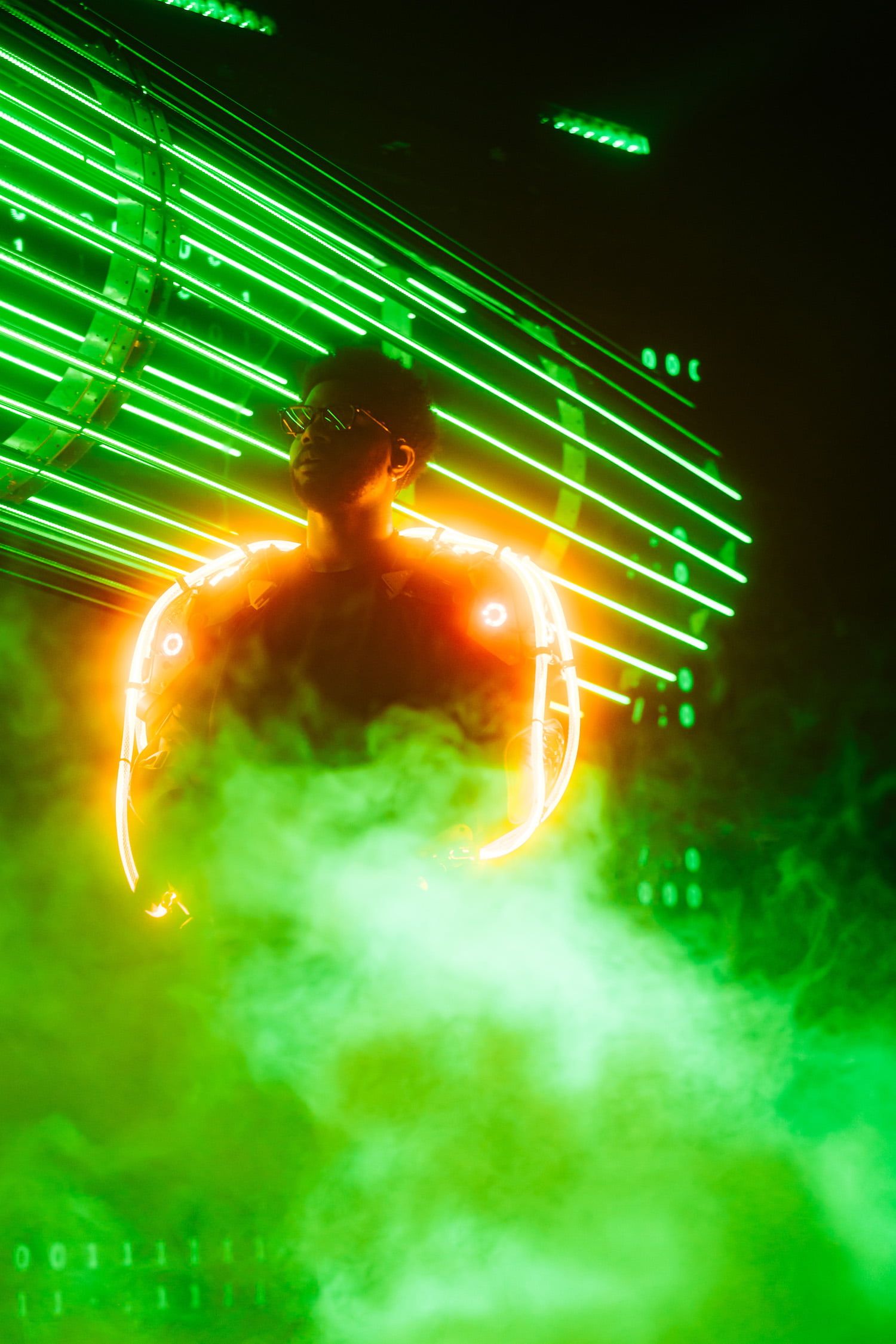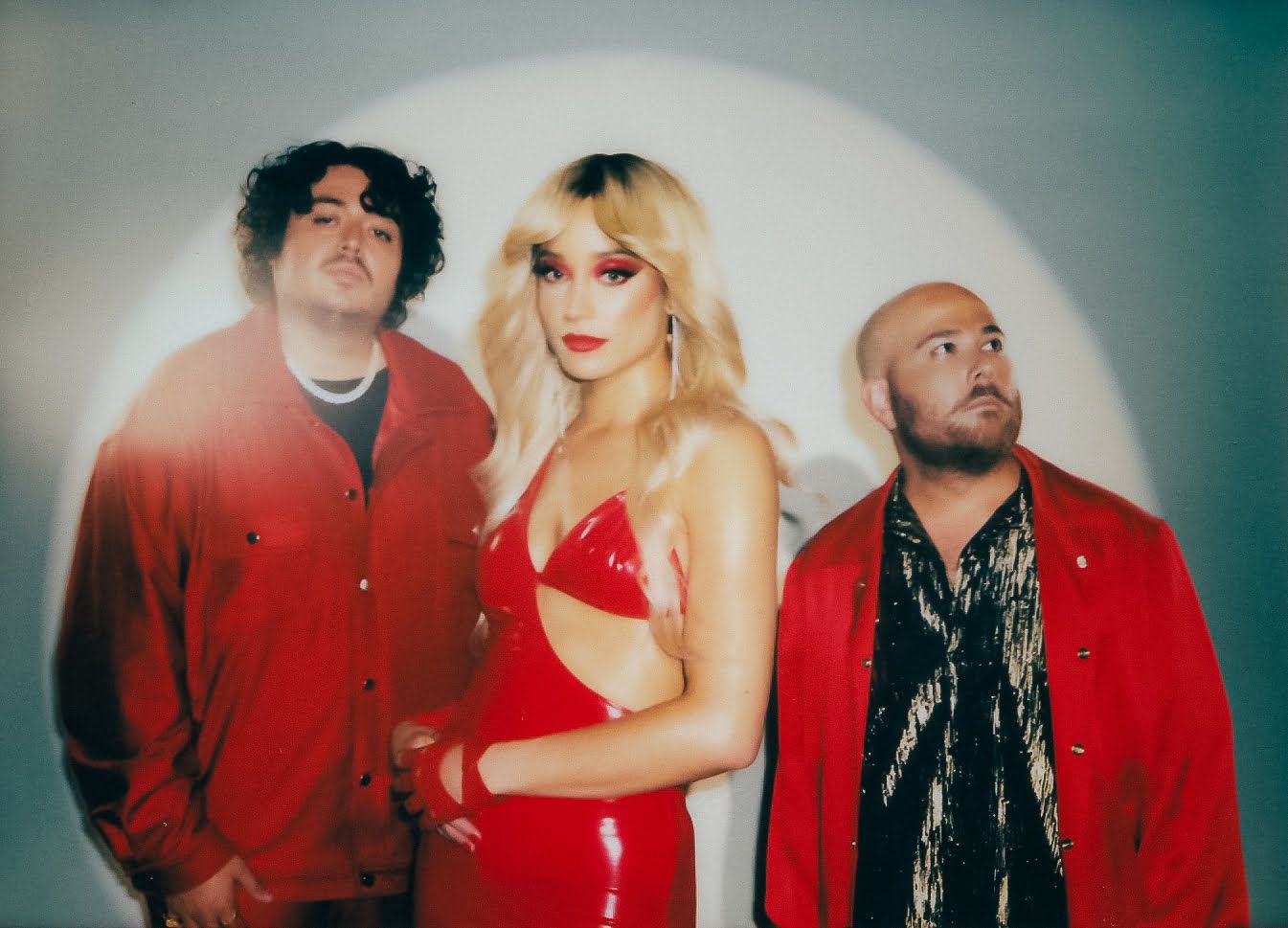
Eric Ashton Spooner
After more than a year in the pandemic, singer-songwriter Eric Ashton Spooner celebrates longing & human connection in You’re Kind.
To start: what was the moment where you realized that music was the exact career you wanted to pursue for the rest of your life?
I knew music would be career or lifetime pursuit when I was pushed to the front of the church congregation in the adult choir at the age of 9 years old, and the response of the congregation was so overwhelming that I walked away strongly feeling a sense of purpose and power in my voice and gift that God gave me.
What’s the inspiration behind You’re Kind?
“You’re Kind” was birthed after I took a 7 year hiatus away from music. I was broken, numb, and in pain from not being able to express myself musically and vocally for that long period of time, but I divinely knew it was time to come back to music. A friend of mine asked me to help her write a song for her friend as a Christmas gift, but she only had some words scribbled in her journal that didn’t make sense yet. So, I was instantly inspired to write and arrange what would become “You’re Kind”, and the song has taken a form of its own, and means so much to me now, because I need relationships in my life that are true, and not fake, real, and connected emotionally, physically, and spiritually.
With your upbringing, how has this influenced your music, sound, and who you are as a songwriter?
My upbringing laid the foundation for who I am today in so many ways. I grew up in the deep south, very devout, in the church, and developed my musical ear, voice, and performances from long rehearsals, traveling across the country, singing on tours from London to New York, and many cities in between. I lived the life of a musician starting at the age of 9. It developed me into a well rounded person, able to adjust to any musical surrounding. All musical genres were heard, learned, demanded, and molded into my mind, heart, and musical emotion. Today, if I can’t feel it, dream it, or live it, I can’t write it. It’s a lived song, full of emotion.
Are you the type of songwriter where the act of songwriting somewhat feels like a therapy session?
Yes, my songwriting is very cathartic. It’s like a therapy session, because I’m processing those experiences or views through my heart and mind. It has to be true to me, so that as I arrange melodies or sing vocals, they create the right colours, emotions, peaks, and valleys.
What did you grow up listening to that has shaped you as an artist?
Anything that was gospel, soul, pop, or r&b helped create my sound. However, it was the gospel roots that molded me into being a master as what I do, and makes me never settle for good, but to keep striving for more.
You’re deeply involved with mental health initiatives. Why is it important for you to speak on sensitive topics like these?
Mental Health initiatives are very close to my heart. I’ve founded two mental health clinics that work with youth struggling with mental illness. In addition, I’ve done alot of one on one coaching with youth in the inner cities. Truly, I see myself in them. I see the forgotten little boy, the wounds, the trauma, the hurt, and how society has given up on them, with no reach or connection to save them. Personally, after living with depression in my youth and young adult years, truly feeling forgotten, I found courage and strength to create opportunities that never came to me. My faith, tenacity, and fight has brought unestimated successes in my life. I’ll always advocate for them, and be there for them. I’m currently working on launching a larger talk series to bring light to hurting people globally. Stay tuned for that announcement.
Is music something you find cathartic and helpful to your own mental health?
Yes, music is synonymous with breathing in some instances. It’s so cathartic and healing. When you don’t have words to express your heart, music can do it perfectly.
Being an artist that handles every aspect of a project solo can be overwhelming, what do you think is the biggest benefit and downfall from taking on the business solo?
The biggest benefit of handling your career independently, is being free to create what’s truly in your heart, and not have someone dictate what or who you should be. In addition, there is peace in knowing your business, and not depending on someone to know it for you. The biggest downfall in handling your music business solo, would probably be “what you don’t know”, because what you don’t know can hurt you, and also sometimes “who you don’t know”, can hurt as well, because its all on you, and every mistake is on you.
If you could manifest something for yourself this year, what would it be?





